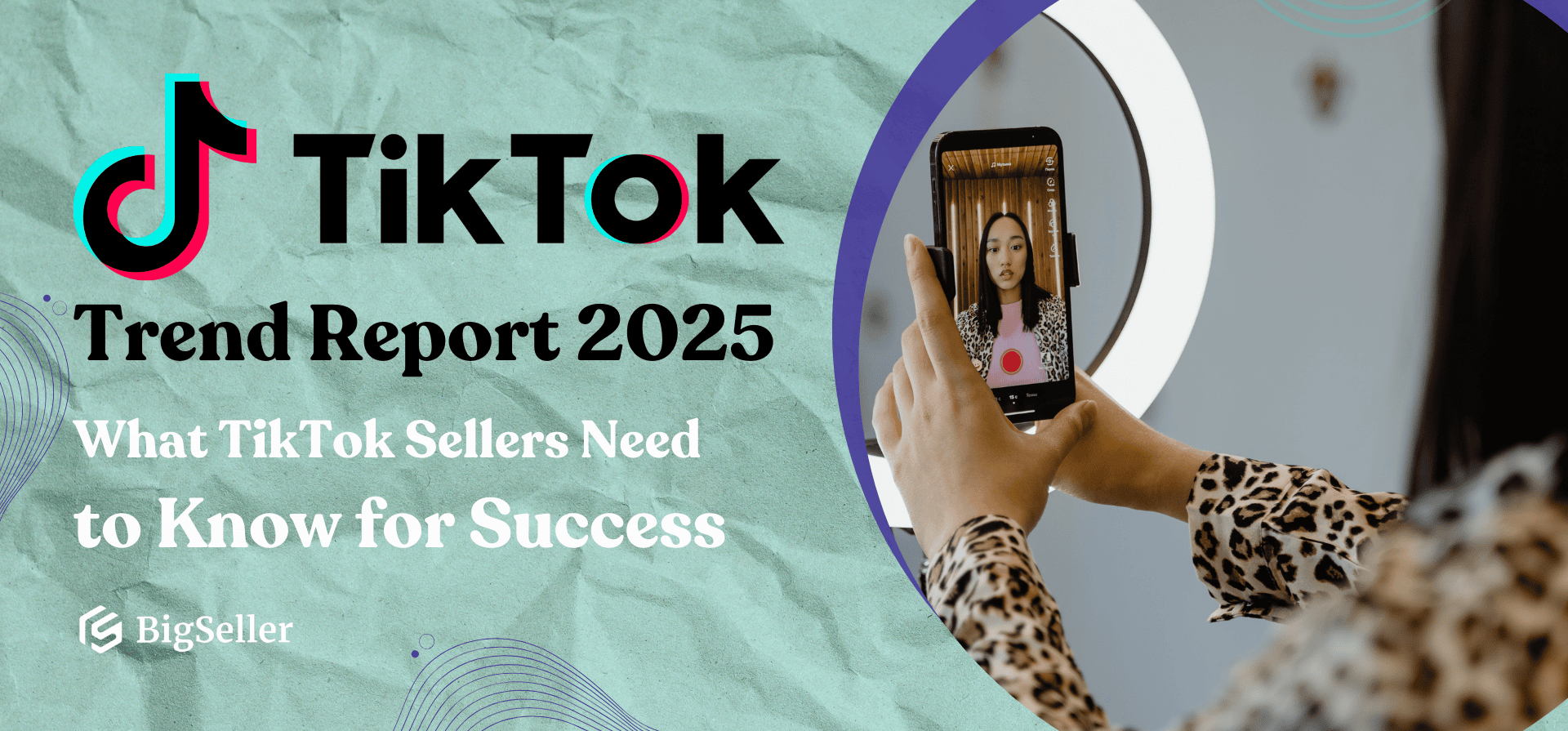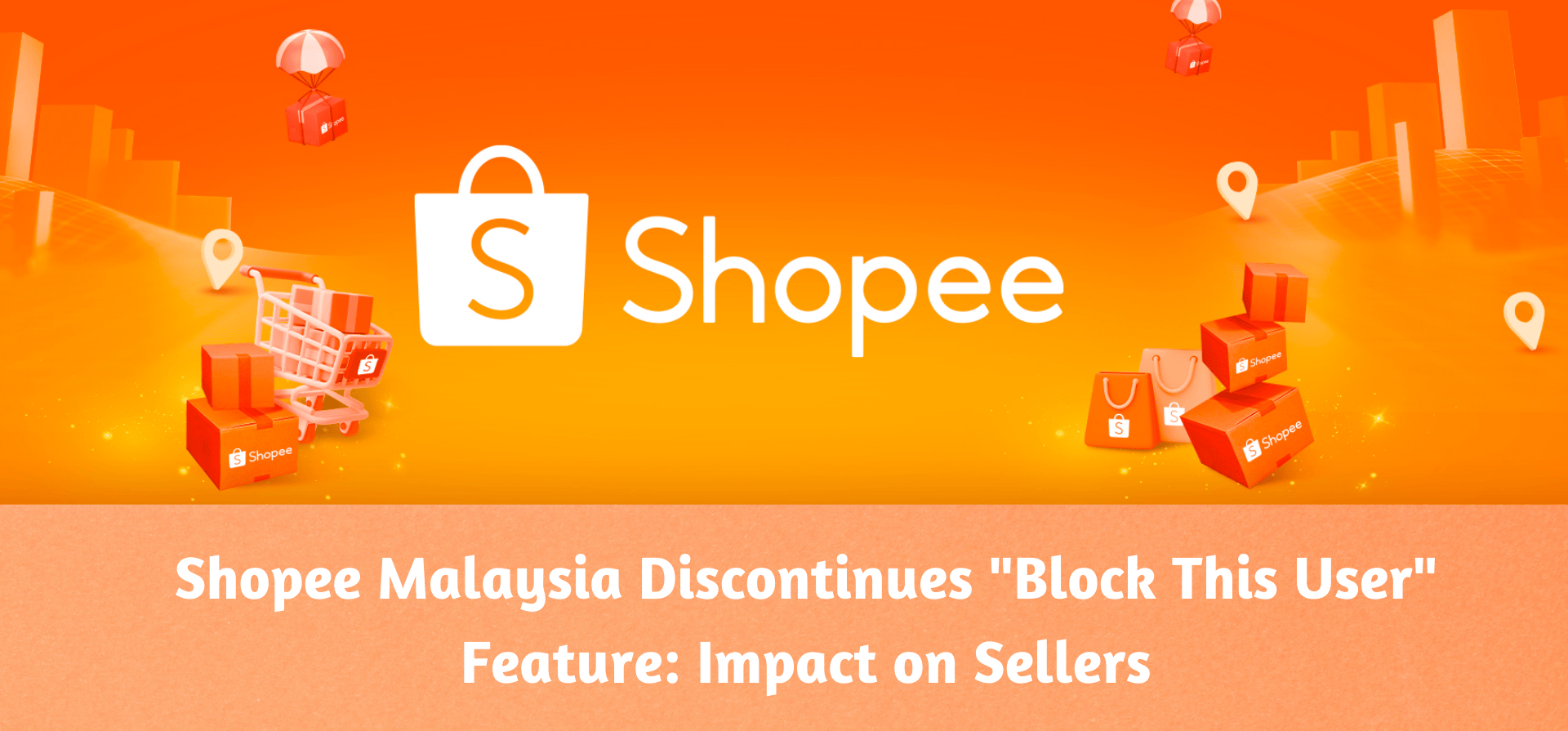Blog > Marketplace News > Powering E-commerce Success: The Evolved Shopify Partner Program for 2025!
Powering E-commerce Success: The Evolved Shopify Partner Program for 2025!
Imelda 03 Feb 2025 09:55ENCopy link & title
The rapid evolution of Shopify in 2025—driven by AI advancements, enterprise expansion, sustainability efforts, and trade policy shifts—is significantly influencing both Enterprise Resource Planning (ERP) and e-commerce. These developments are reshaping how businesses manage operations, supply chains, and customer experiences. BigSeller is perfectly positioned to help businesses leverage these changes, offering tailored solutions that integrate seamlessly with Shopify’s powerful tools. By partnering with BigSeller, companies can stay ahead of the curve, optimizing their e-commerce strategies and ensuring sustainable growth in a competitive market.

Shopify Partner play a crucial role in our mission to enhance commerce for everyone. They serve as an extension of our team and products, delivering exceptional value to customers.

Shopify Partner play a crucial role in our mission to enhance commerce for everyone. They serve as an extension of our team and products, delivering exceptional value to customers.
We're launching new go-to-market tracks for both service and technology partners, designed to support their growth alongside us. This update introduces a tiered structure with defined requirements and benefits at each level. Not only will this streamline collaboration for partners, but it will also help merchants easily identify and engage with our top-performing partners.
The Shopify Partner Program offers two distinct tracks for businesses looking to collaborate with Shopify: the Service Partner Track and the Technology Track.
The Service Partner Track is designed for agencies, consultancies, and systems integrators that provide expert services to help merchants thrive on Shopify. Partners in this track are categorized into five tiers—Registered, Select, Plus, Premier, and Platinum—based on their performance.
The Technology Track is intended for independent software vendors (ISVs), app developers, ERP providers, and global tech companies aiming to integrate their solutions with Shopify and expand their market reach. This track consists of four levels: Registered, Plus, Premier, and Platinum. Advancement beyond the Registered tier is by invitation only and depends on meeting specific performance criteria.
For app developers, the Shopify App Store remains the leading platform to showcase their solutions to millions of entrepreneurs. Developers can also unlock additional benefits by achieving Built for Shopify status, a designation that signifies Shopify’s quality standard for apps.
1. Enterprise Expansion: More Competition, More Tools
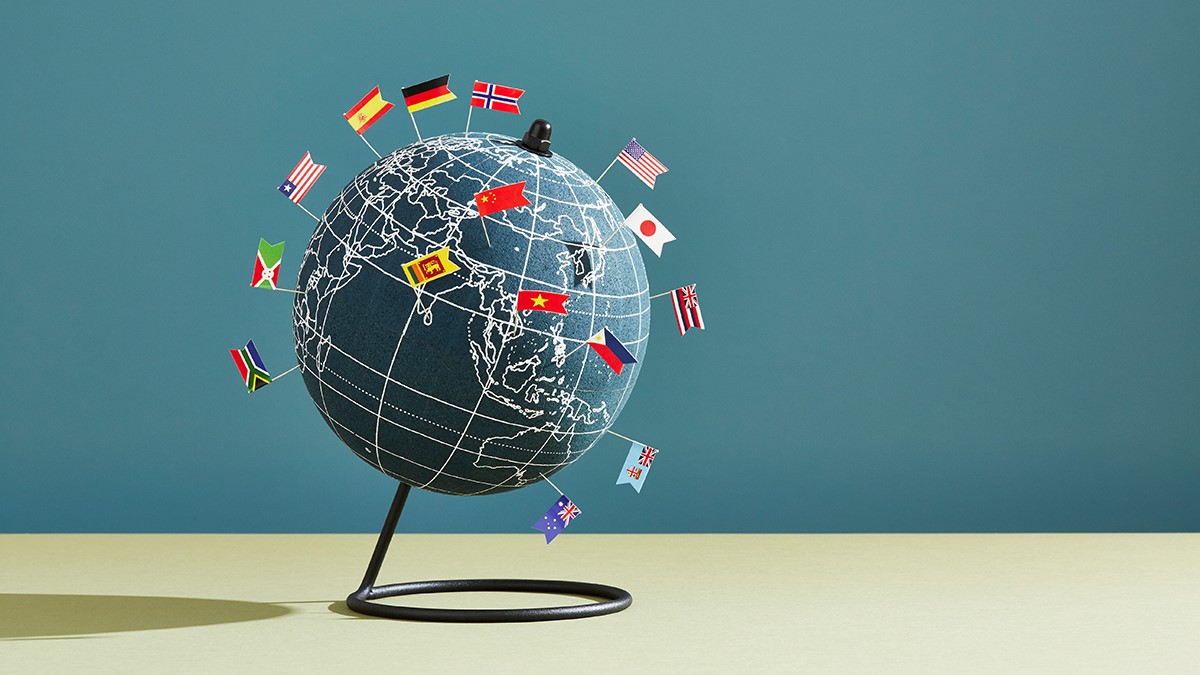
Shopify’s push into enterprise and B2B markets means bigger businesses now have access to its powerful e-commerce tools. While this helps large retailers streamline their operations, it could also make competition tougher for smaller businesses that originally dominated the Shopify space. However, this shift may lead to better tools and services for all merchants over time.
2. AI-Powered Personalization: Better Customer Experience
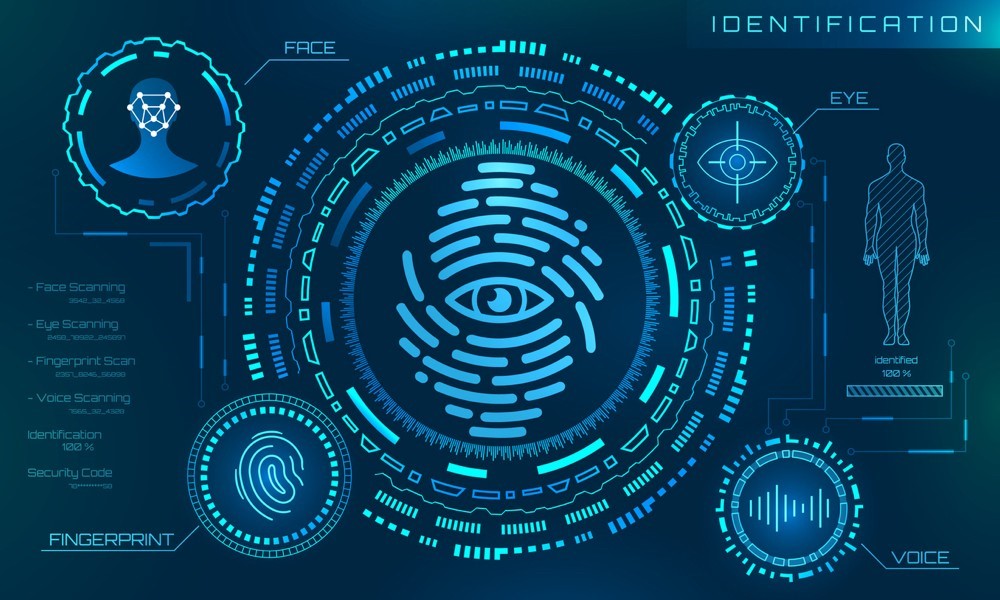
The integration of AI means online stores can now offer more personalized shopping experiences, from smart product recommendations to AI-generated content and automated support. This improves conversion rates, reduces cart abandonment, and helps businesses optimize their marketing strategies with real-time insights.
3. Sustainability Efforts: Changing Consumer Expectations
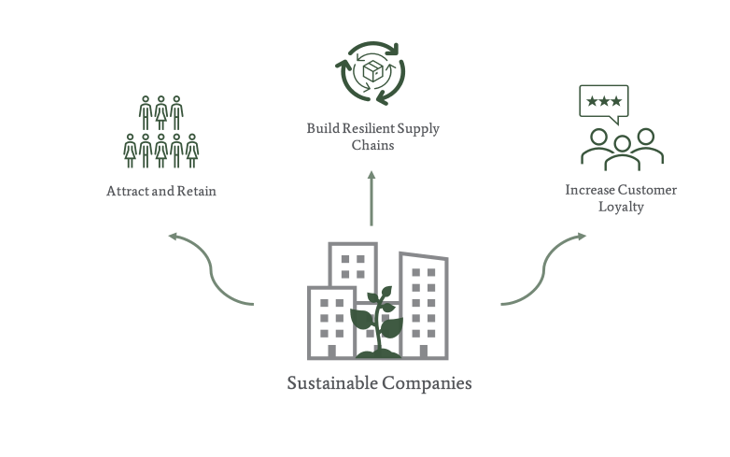
Shopify’s investment in carbon removal and its Planet app show that sustainability is becoming a core part of e-commerce. More consumers are prioritizing eco-friendly brands, so businesses on Shopify might see increased demand for carbon-neutral shipping and sustainable product options. This could lead to industry-wide shifts toward greener supply chains.
4. Market Confidence and Growth Potential
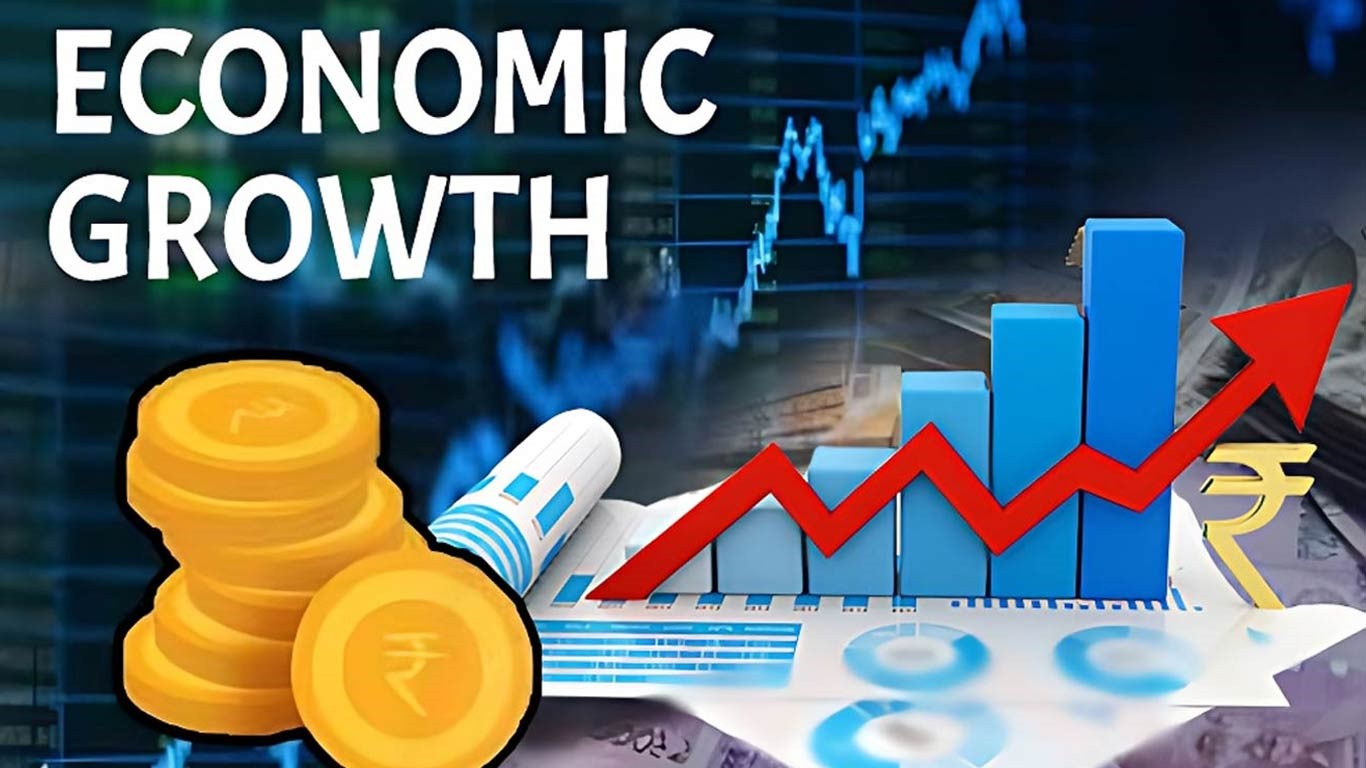
With Shopify’s stock performing well and revenue increasing, investor confidence in e-commerce remains strong. This suggests that businesses using Shopify can expect continued platform improvements, new features, and stable infrastructure—good news for long-term growth.
5. Trade Policies & Tariffs: Possible Cost Increases
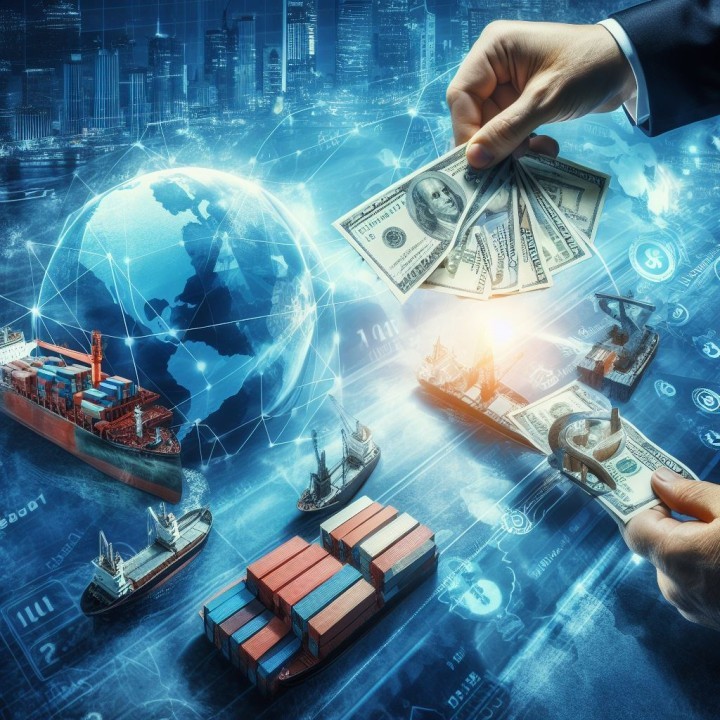
Shopify CEO Tobi Lutke’s stance on trade policies could signal upcoming changes in tariffs and cross-border trade regulations. If tariffs increase, e-commerce businesses that rely on international suppliers may face higher costs, potentially affecting pricing strategies and profit margins.
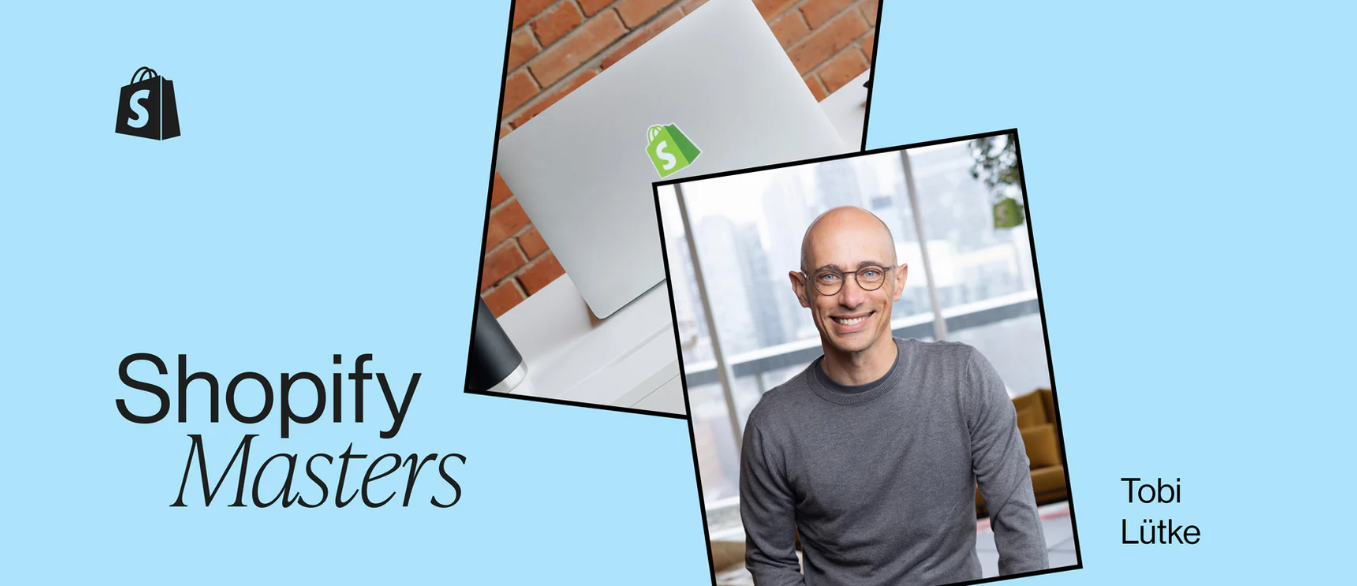
Overall Impact:
-
Positive: More powerful tools, better AI features, improved sustainability, and a strong platform for growth.
- Challenges: Increased competition from big brands, potential cost increases due to trade policies, and the need to keep up with evolving consumer expectation
For BigSeller, Shopify’s evolution in 2025 presents an exciting opportunity to enhance e-commerce strategies through advanced AI, sustainability initiatives, and a stronger partner ecosystem. As more businesses, including larger enterprises, turn to Shopify for e-commerce solutions, BigSeller can leverage the platform's tools to offer personalized experiences and optimize marketing for its clients. The focus on sustainability also aligns with the growing demand for eco-friendly practices, allowing BigSeller to position its clients as forward-thinking brands. By tapping into Shopify’s expansion and technological advancements, BigSeller Philippines can help local businesses compete in a global marketplace while staying ahead of industry trends and consumer expectations.

Empower your brand with BigSeller – your trusted partner in navigating the future of e-commerce
Order Fulfillment
Order processing and shipping, making it easier to manage multiple sales channels, including Shopify. This helps streamline your operations and improve customer satisfaction by ensuring faster and more accurate deliveries.
